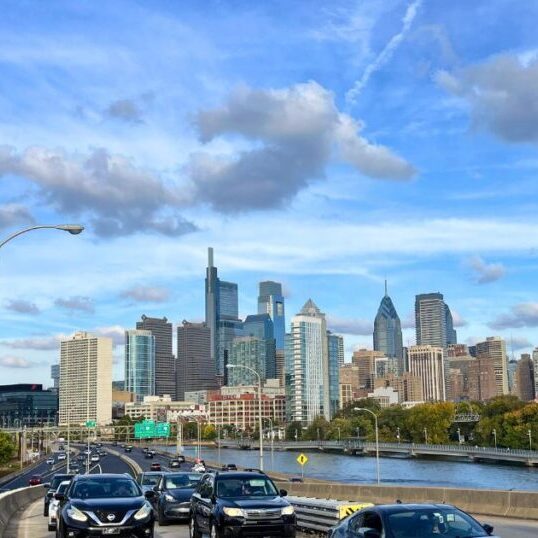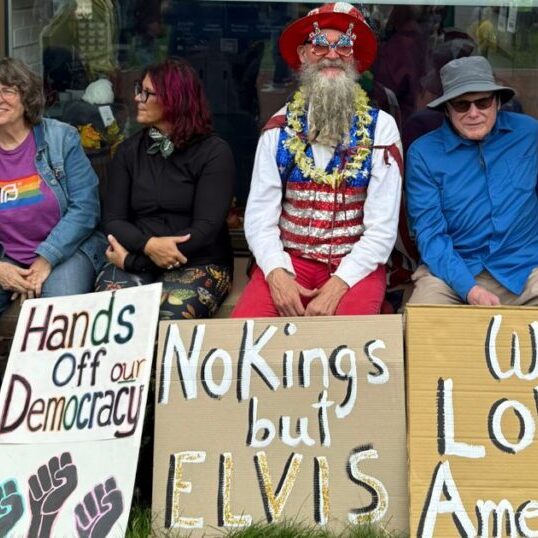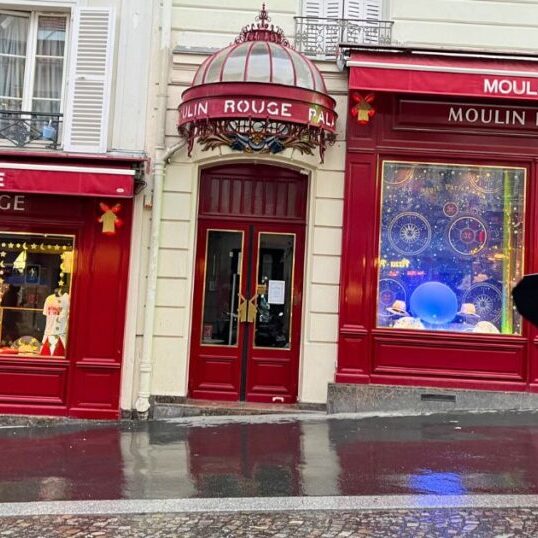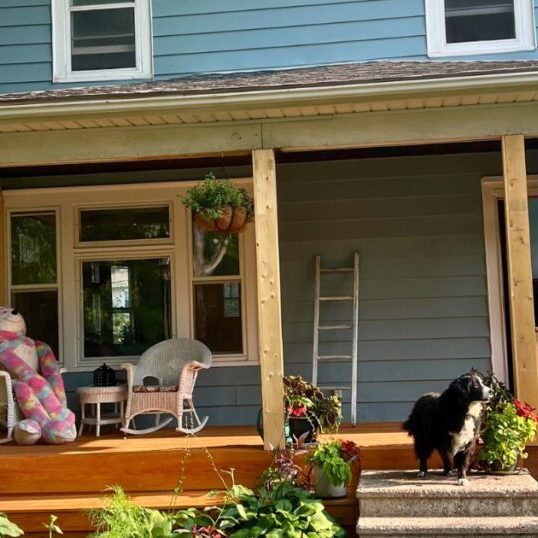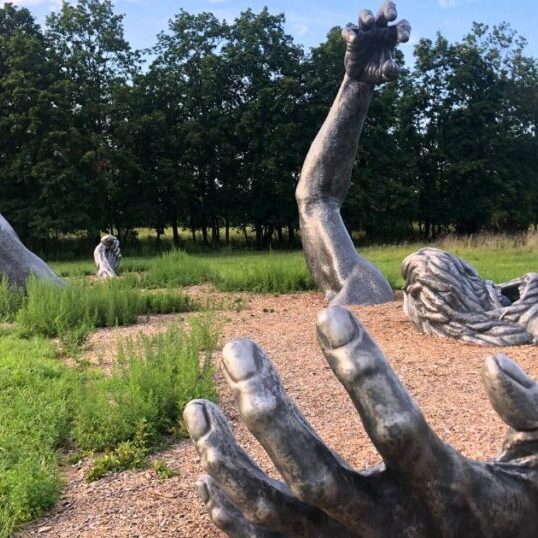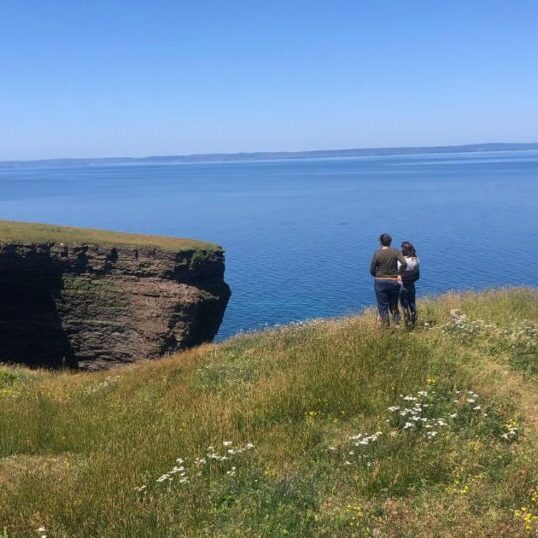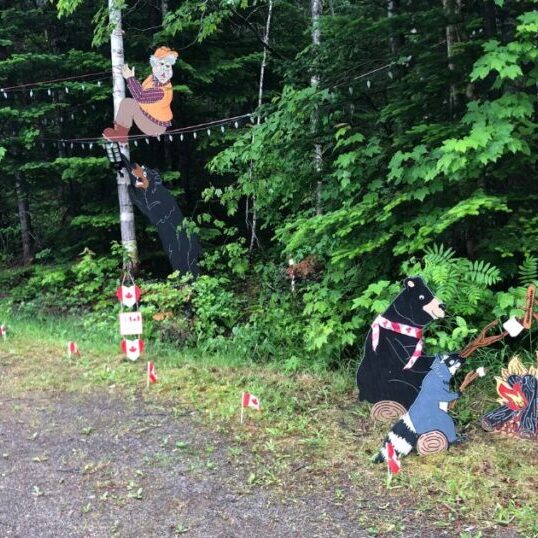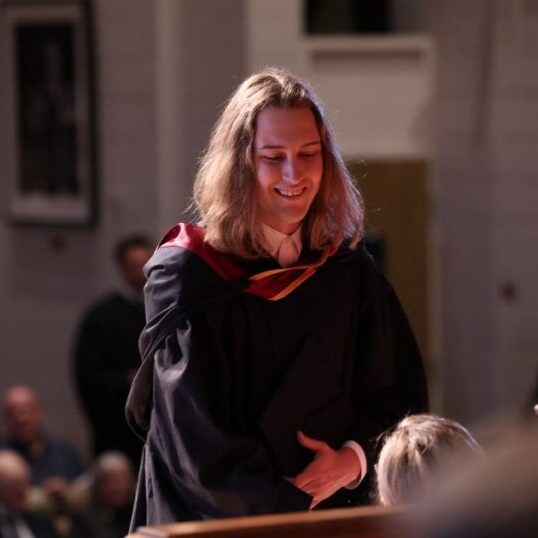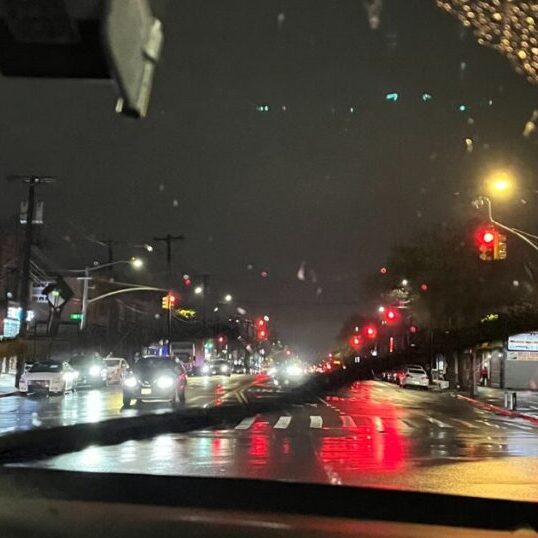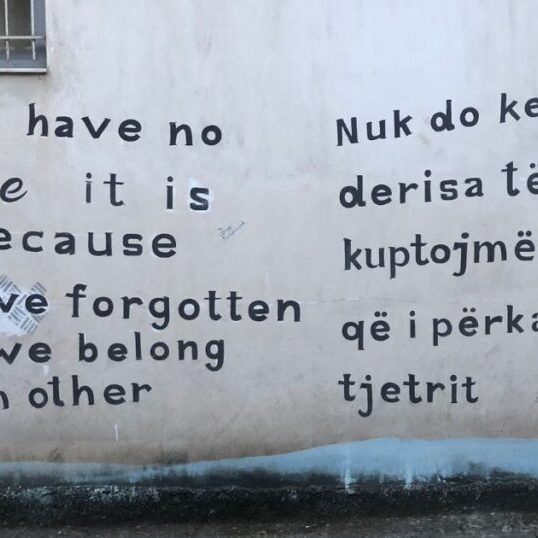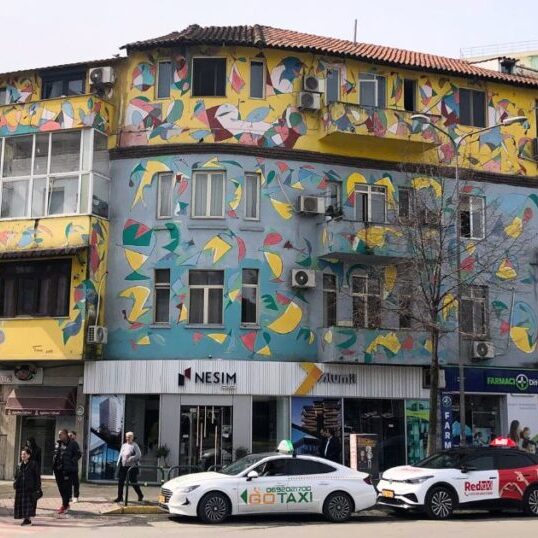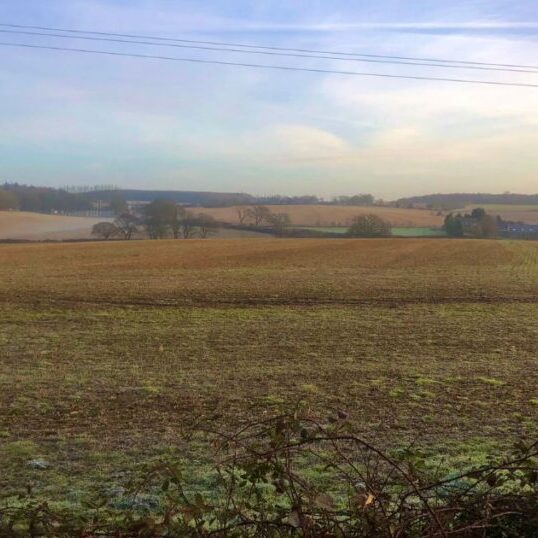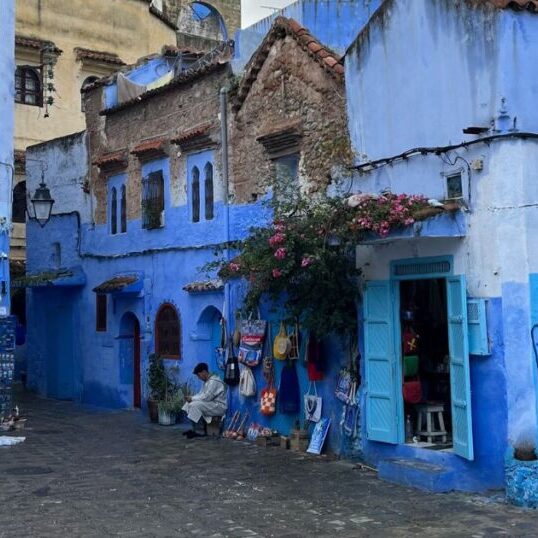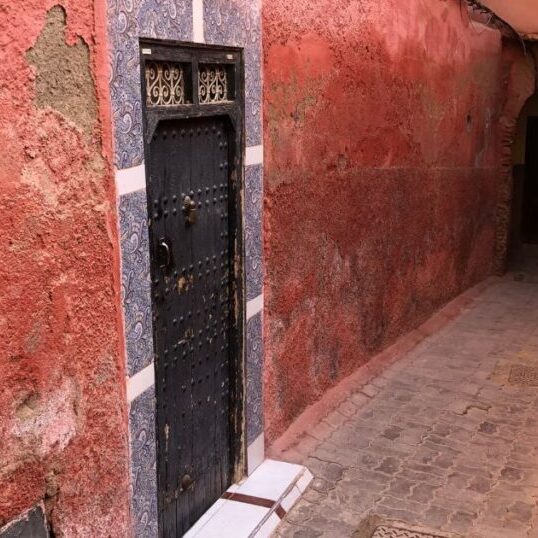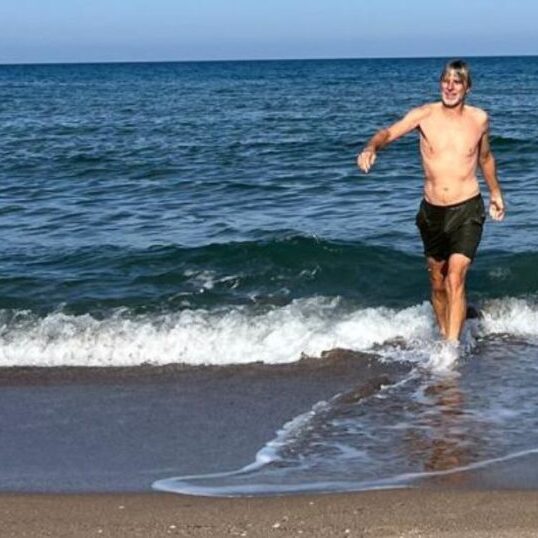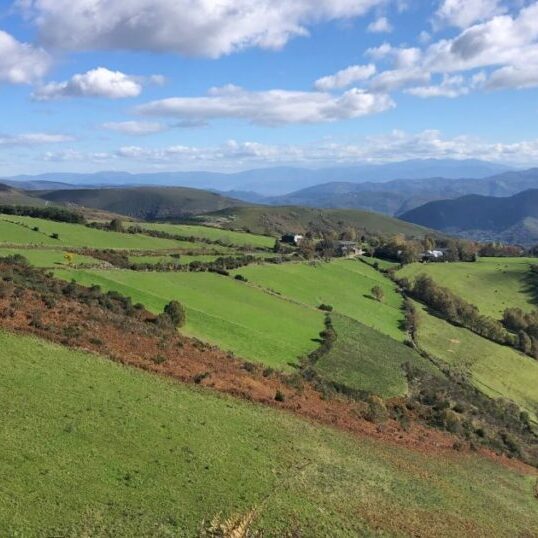Cuba Culture Shock
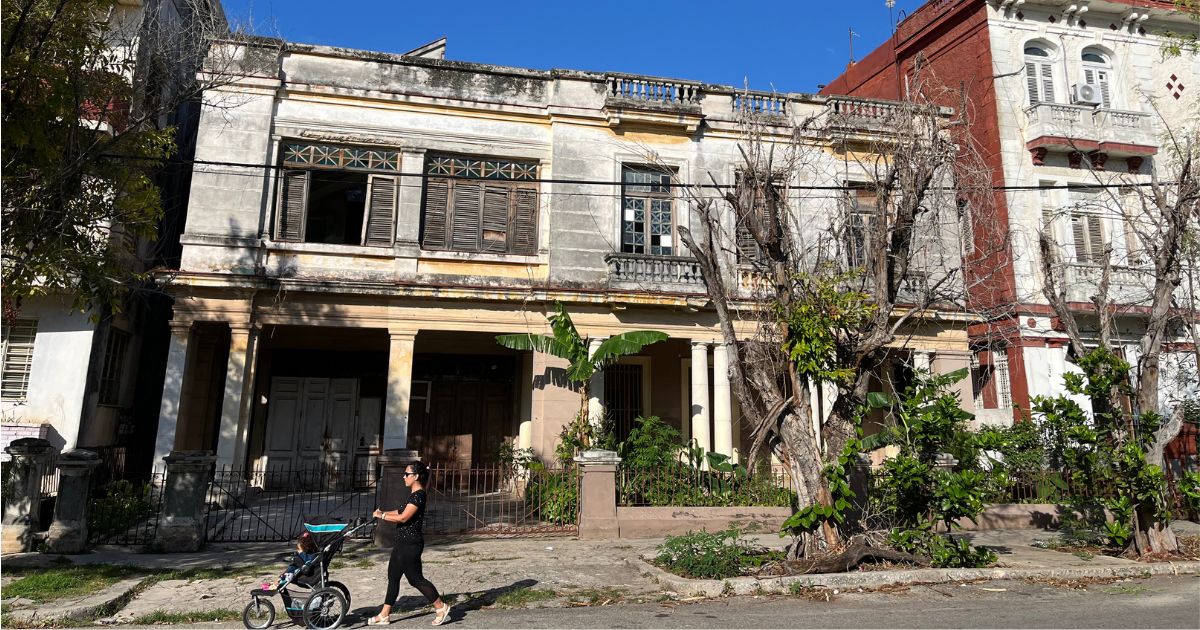
I thought I was immune to culture shock. I have visited 41 countries (meaning I’ve slept, ate and talked to people there, not just a layover). I’ve been deported and refused entry from more countries than my mom knows. I’m 57 years wise as of last week. So my trepidation and disorientation upon arriving in Cuba this week took me by surprise.
I’ve learned lessons from a handful of significant culture shock experiences in the past; lessons that should have helped this time around:
Welcome to Communism, Comrade
First came the high barbed wire fences, then the floodlights, guard towers and machine guns trained on every car as our train pulled into a remote border post in 1988 still-Czechoslovakia. Armed soldiers interrogated each passenger and meticulously examined our bags, thankfully not finding the black-market cash I’d hidden last-minute in my camera bag film canisters (remember those?)
They even read through my notebook and wrote down the names and addresses of my friend’s family whom I was to visit in Brno. The father had helped lead an uprising against the regime two decades ago and was still under regular surveillance, so I was now worried not only about my own safety but also the safety of my hosts.
The family was, of course, wonderfully warm and welcoming, and taught me about the history and current reality of life in what turned out to be the final years of communism in what is now the Czech Republic. They insisted I sleep on the one bed while the rest of the 3-generation, 6-person family shared the living room floor of their tiny dark apartment.
We would join a long, patient line for an ice cream cone at 8am because they would run out by 9. When I asked for a large size of the sweater that was displayed in a store window, they pulled that sweater from the window (no other sizes in the back.) I sang with the buskers on the one tourist bridge in Prague where buskers are permitted, marvelling at the majesty of the old buildings until wandering one block off the tourist track to see the potholed streets and dilapidated reality of the rest of Prague.
On the train back to Germany, I was terrified that they would (a) compare the record of money I’d had to officially exchange to the much-higher-value of the crystal collection I’d spent the black-market money on, or (b) interrogate me on my association with known dissidents, and then (c) throw me in jail. I almost cried when, in the middle of the night, a conductor came through speaking German and I knew I had made it out safely. The depth of my childhood Cold War indoctrination against the evil Russians had full control over me (remember how shocking it was when Sting suggested that Russians could love their children too, or Elton John could fall in love across the wall with Nikita?)
Now 36 years later, I arrive in Cuba hoping to find that the Revolution has succeeded, but it’s still a system and a situation that requires more adjustment than Costa Rica or Mexico. We enter stores that are only for locals to fill their ration cards. We are passed by the most beautiful old classic American cars - like being on a movie set - that are actually held together by bondo and paint and creative make-shift repair jobs because parts are not available. We appreciate the lack of homelessness and begging thanks to a government that truly aims to serve all, but also read the frustration of our college-educated tour guide who has to befriend foreigners like us every day to pay for her mom’s heart medicine.

Ignorance is not always Bliss
On my first solo flight way back in 1989, 22-year-old Ricky couldn’t find Costa Rica on the airplane magazine map. When I finally gave up and asked the pretty girl next to me where I was going, she patiently took my finger and moved it half-way across the map to that skinny spot on the mainland between Nicaragua and Panama.
“Oh, so it’s not an island?!” this top-of-his-university-class graduate exclaimed. To further highlight my brilliance, I then asked, “Um, what language do they speak there?” – “Spanish.” – “Oh.” Seeing my despair, she wrote a shortlist of phrases she thought would help in my first days, such as “Cuanto cuesta” (how much does it cost), “Donde esta el baño” (where’s the bathroom), and “Tienes ojos bonitos” (You have beautiful eyes). Yes, they were all put to good use.
Of course I had no guidebook, no internet, and no idea where to sleep nor how to get there at 9:30 at night in the dark in a strange country with no language and no currency. Another seatmate kindly helped me into a taxi and sent me to the “Tica Linda” youth hostel, where I spent the next three days lying on my bed staring at the ceiling fan, forcing myself to walk at least one block once per day to forage for food.
My Cuban culture shock was nowhere near as paralyzing, nor was my ignorance to the same degree, but I did arrive without much research or understanding. We are traveling so much that I really need to Fully Be wherever we are, not divert attention to what comes next. I did read all three books about the revolution from the Monteverde Friends library - from 1968, 1975 and 1990 - but history is not current reality. I didn’t know until the airport that we needed a visa, or that the US requires us to keep a detailed log (for the next 5 years) of how we are using our time and money to “support the Cuban people.” I didn’t know that the $100 worth of Convertible Peso’s I bought from a friend are no longer recognized here. I still don’t know if we’ll be able to use an ATM or if we have to make do with the meager (by tourist standards) cash supply we have left.
Yes we had a room and taxi booked, and speak the language, but the learning curve here is steeper than in most countries, and a bit of advance planning might have helped. And once the landlord left us alone and we had enjoyed our nap, we both felt a bit of that same old reticence to leave the safety of our room into the unknowns of the street.

Eggs and Batteries
In 1990, I finished what turned out to be a fabulous 3-months of living and working in Costa Rica and headed for Nicaragua, innocently thinking I might enjoy the adventure of working as a field hand picking coffee beans for a while. Turns out that the US had just influenced elections to let Violeta Chamorro win the presidency away from Daniel Ortega, resulting in violent street protests during this precarious time between the election and when she would actually take power. I picked my way around street barricades, bullet cartridges, and rocks that had been thrown at police. I was like Forrest Gump accidentally observing the school desegregation, or Where’s Waldo popping up in a striped sweater in the middle of a revolution.
Civil disrest and US colonialism aside, Managua was a city that had been demolished by the 1972 earthquake, then never rebuilt as the president pocketed the aid money. People lived in the sections of houses that had not completely crumbled. Stores were non-existent, replaced by signs in front of those houses saying “Hoy tenemos huevos y pilas. (Today we have eggs and batteries).” I could not figure out something as simple as how to find food, where to walk, how to find a street name, what to do. Stumbling across an old movie theater showing “Twins”, for 2 hours I enjoyed the comfort of understanding what was going on and knowing exactly what to expect, and emerged feeling refreshed and strong enough to figure out this strange land. Who knew my guardian angels would be Danny DeVito and Arnold Schwarzenneger!
Cuba in 2024 is not dysfunctional like that, but it does operate by different rules and restrictions. We were surprised by the bountiful supply of eggs in the local grocery on our first day, only to return the next day to an empty shelf, with no idea if/when there will be more. We had to find the blue container-building to fill up the jugs from our AirBnB with drinking water ($1 for 20 litres). We have not yet succeeded in boarding a bus or “collectivo” shared taxi. Our host has now come three times to reset the internet from their phone, which we have to carry everywhere in order to hotspot on our devices. To refill the toilet tank or have a shower, we have to turn on the sink tap until pressure has built up. Some outlets work for our plugs, some are 220V, and some just plain don’t work. I have to use VPN to pretend my laptop is in the US in order to access my grad school course or Canucks hockey highlights. Sarah has joined a clandestine Facebook group to source homemade yogurt (delivered to our doorstep today by bicycle).
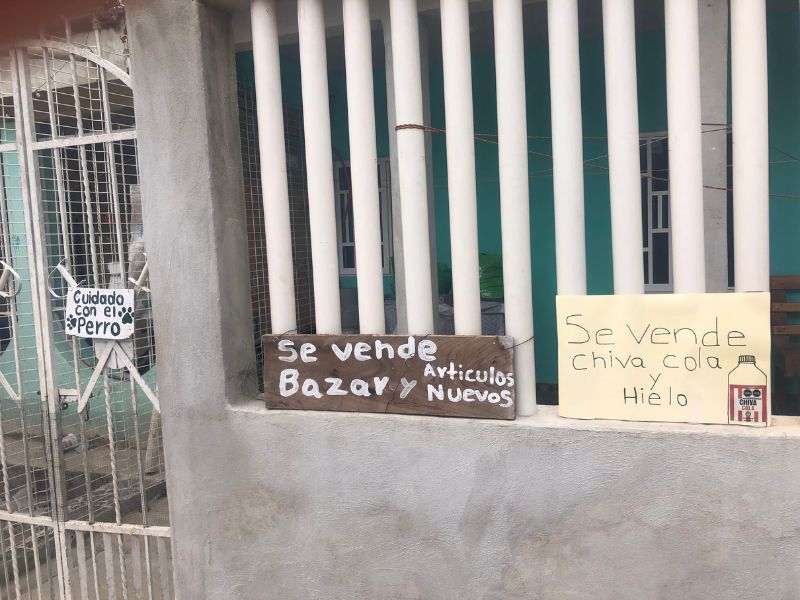
Stereotypes: The Dark Continent
After conquering my fears in Costa Rica and Nicaragua, I flew to Kenya (via Egypt) only to become paralyzed again. There was no obvious reason for this round of culture shock - Nairobi is a well-developed city, English is widely spoken, buses follow a schedule, stores have food, and restaurants have recognizable meals. I believe that too many stereotypes and National Geographic magazine photos made it hard for me to see this real, urban reality of Africa as something I could navigate and come to understand just as I had in other countries. In my mind it was still Joseph Conrad’s “Heart of Darkness.”
I somehow found the only backpacker’s hostel at the time - the Iqbal Hotel - and once again sat in the common room trying to figure out how to get myself outside. When I did get out there, I was almost victim of an elaborate heist, first with some alleged South African students trapping me in a cafe booth asking for education money, then alleged police outside threatening to jail me for consorting with alleged South African students. I somehow kept my head enough to not get in the alleged police car, and escaped with the low price of a few cafe meals. Other travelers were just robbed point blank - including one famous backpacker who lost everything at the airport then traveled the whole continent with just a new daypack and one change of clothes (like I ended up doing 7 years later after being mugged in Johannesburg) - so I was lucky to come across a more clever and less violent attempt.
Some fellow backpackers took pity on me and took me on the old night train to Mombasa. As we chugged unsteadily through the night, the train stopping in the middle of nowhere for crew to visit friends or do business, I looked out at campfires on the plains and awoke to the fact that I was actually in Africa! In the hand-coloured map that had adorned my bedroom wall since a 4th grade visit from my Peace Corps cousin Sharron. That moment freed my mind from the National Geographic shackles and let me confidently (and yes mom, cautiously) explore and fall in love with the diverse realities of the “real Africa.”
34 years later, we arrived in Cuba with a similar mishmash of indoctrination, misinformation and idealism. Was Fidel Castro a “monster” dictator or brilliant revolutionary? What are the relative benefits and costs of communism (Russian-style or the Cuban brand with some decades of modifications), socialism and capitalism? What are the legal ramifications and logistics for a dual-citizen tourist? My mom says it’s dangerous, old movies make it look mafia-driven, tourist agencies say it’s all beach paradise and cruising in 1950 Cadillac convertibles. I had walked ignorantly into Costa Rica and Nicaragua, but it’s impossible to come to Cuba without a bewildering swirl of preconceptions that colour expectations and openness.

Counter-Culture Shock
My worst and deepest experience of culture shock was actually in Canada. After 16 months of backpacking, I returned from my beloved Costa Rica, Nicaragua and Africa to a place that no longer felt like home. Noone warned me about counter-culture shock, about the difficulties of returning to old patterns and identities when you feel like a new person. John Denver described it in Rocky Mountain High: “He was born in the winter of his 27th year, coming home to a place he’d never been before.”
I worked two jobs that spring and was lousy at both of them. Moved into a tent in my parents’ backyard because I couldn’t handle the conspicuous consumerism of their big house (though I happily ate their food and used their facilities…) Sat glued to the carpet listening to two songs on repeat that spoke to my condition - Comfortably Numb (Pink Floyd) and Two of Us (Supertramp) - “Look at me, I’m a speck of sand, and I’m building dreams in a stranger’s land, tell me why should I care?”
I only really got out that depression by leaving again, but looking back, the lesson was about attitude. When I arrived in Latin America and Africa, I was excited and open, ready to be wowed by mystery and culture and newness. Ready to find the good in everyone and everywhere. Returning to Canada, I was exhausted and ready to be disillusioned, primed to see the shortcomings and hypocrisy and dirty underbelly.
Unlike previous mistakes that I have made again this time around, I think this is the one lesson that I have applied well here in Cuba (and throughout my nomadic life). I arrived ready to see the beauty and the idealism of the revolution, and also ready to experience hardships and shortcomings of the almost-60-year-old experiment. I enjoy the absolute lack of rush-hour traffic on the two major arteries that sandwich our apartment, and also recognize that the romance of it for me is built on the frustration of Cubans’ lack of capital and access to new cars (the 7-story apartment building across the street has exactly 5 cars at night in its 8-car parking lot). I will enjoy a $20 ride along the waterfront “Malecon” in a pink Thunderbird convertible while recognizing that I’ve just spent exactly the average salary of a Cuban health professional. Every good I see is balanced by a cost, and I am trying to hold and appreciate both realities.

Cuba Solution
So after the retreat-nap on the first culture shock afternoon, how do we get out of bed, move out into the streets, and start to feel Libre in Cuba? The usual holy triumvirate - Walk, Talk, Eat.
We choose a direction and just walk. Past tiny stores, past beautiful houses and crumbling walls, parkettes and research centers and boys playing soccer in the street and a few theaters and cultural centers we’ll come back to for dance lessons and live shows. We greet people along the sidewalk, talk with street vendors and smile at grandmas on their front porch steps. Eat a guayaba-filled pastry and some blackened coco gelato, buy a pineapple and tomatoes from a vegetable stand, and choose a cantina restaurant in someone’s carport for a huge $3 meal of roasted chicken, fried green banana chips, rice & beans, salad and mango juice.
Then with enough food and fellowship in our bellies, and having circled the neighborhood like a cautious dog before lying down, we return to our urban apartment in time to watch the sunset from the porch, lighting up the inflatable children’s playland and historic cemetery across the street. We cuddle into the familiar world of Netflix - not Danny and Arnold this time, but the oddly- and equally-comforting disorder of Sex Education. We sleep, too tired to dream.
Tomorrow we’ll wake up strong and fresh and ready to truly dive into this wonderful place. For tonight, it’s enough that we have recognized the familiar ignorance and biases and fears and indoctrination that underlie Counter Shock, then tipped our hats to our old friend as, trembling, we squeezed past him and into this brave old world with fresh eyes and open hearts.
A man walks down the street, It’s a street in a strange world
Maybe it’s the third world, maybe it’s his first time around
Doesn’t speak the language, he holds no currency
He is a foreign man, he is surrounded by the sounds, sounds of
Cattle of the marketplace, scatterlings and orphanages
He looks around, around, he sees angels in the architecture,
Spinning in infinity, he says, Amen and Hallelujah!
- Paul Simon, Call me Al
Subscribe now to get an email notification when a new post is published.
(Be sure to check your inbox to confirm your subscription.)
Currently in...
Monteverde, Costa Rica, for 2 months of cloud forest and community
Heading to...
Chicago/Montreal for Christmas, then Thailand (Chiang Mai), Vietnam (Hoi Ann, Feb-Mar). Please share any sites, people or ideas by email.
